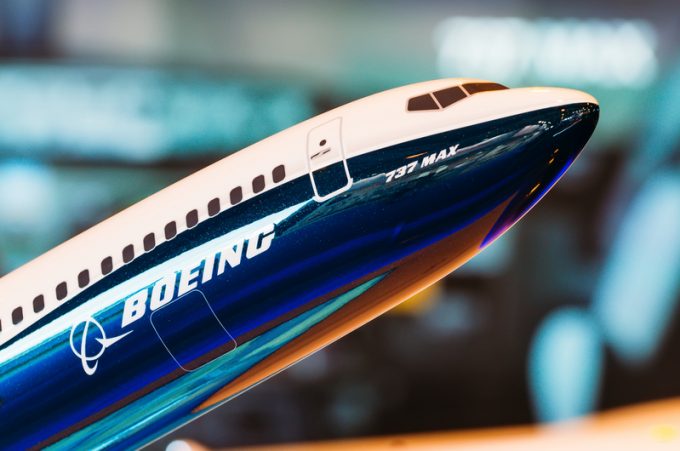Fewer freighter conversions, despite feedstock availability and demand
IBA’s latest freighter market data has revealed that aircraft conversions have declined, while feedstock prices ...

The lengthening shadow of Boeing’s woes over the B737 MAX is reaching 737 freighter conversions.
With the 737 MAX fleet grounded worldwide and production at a halt, carriers and leasing companies are reviewing their options, which is casting uncertainty over 737NG conversion programmes.
“The MAX issues ...

Comment on this article